The novel physics of biomolecular condensates could explain how these droplets help cells do their jobs.


The novel physics of biomolecular condensates could explain how these droplets help cells do their jobs.
The Geometric Langlands Correspondence. Edward Frenkel is a renowned mathematician and professor at the University of California, Berkeley, known for his work in representation theory, algebraic geometry, and mathematical physics. Edward is also the author of the bestselling book “Love and Math: The Heart of Hidden Reality”, which bridges the gap between mathematics and the broader public.
Listen on Spotify: https://open.spotify.com/show/4gL14b9…
Become a YouTube Member Here:
/ @theoriesofeverything.
Patreon: / curtjaimungal (early access to ad-free audio episodes!)
Join TOEmail at https://www.curtjaimungal.org.
LINKS:
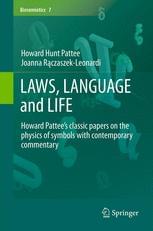
Theories of computation and theories of the brain have close historical interrelations, the best-known examples being Turing’s introspective use of the brain’s operation as a model for his idealized computing machine (Turing 1936), McCulloch’s and Pitts’ use of ideal switching elements to model the brain (McCulloch and Pitts 1943), and von Neumann’s comparison of the logic and physics of both brains and computers (von Neumann 1958).
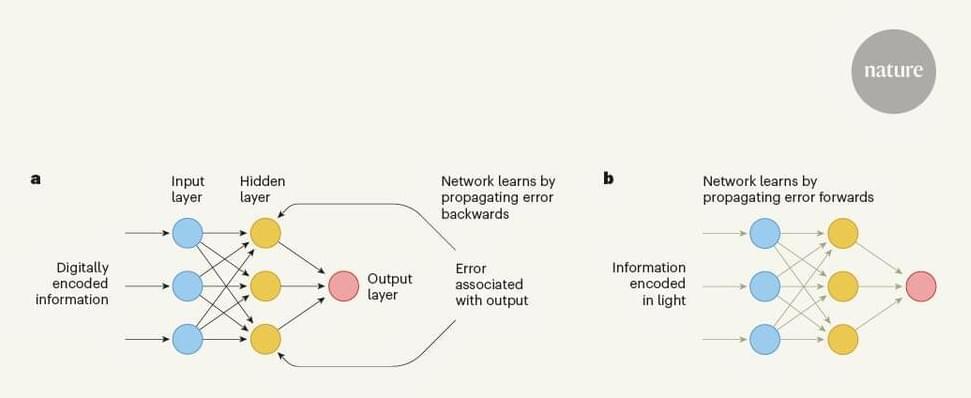
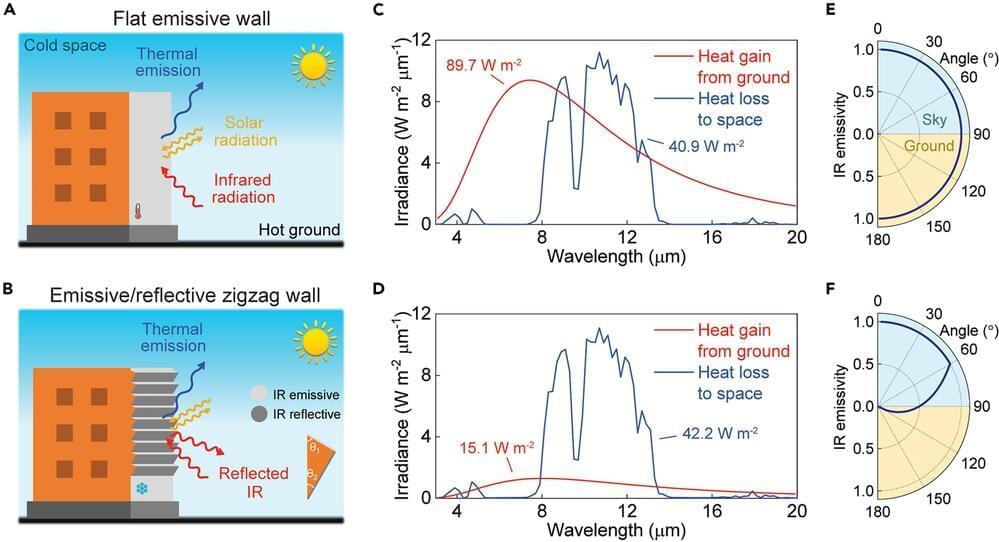
A team of applied physicists at Columbia University, working with a colleague from Henry M. Gunn High School, and another from the University of California, Los Angeles, has found that using corrugated siding on outdoor building walls can passively reduce wall temperatures.
In their paper published in the journal Nexus, the group describes how they added corrugated siding to a small test building and found that doing so lowered the wall temperatures.
Prior research has shown that covering the tops of buildings with radiative cooling materials can reduce the amount of heat that makes its way inside by up to 20%. This is because they are made in such a way as to reflect sunlight and radiate heat into outer space.
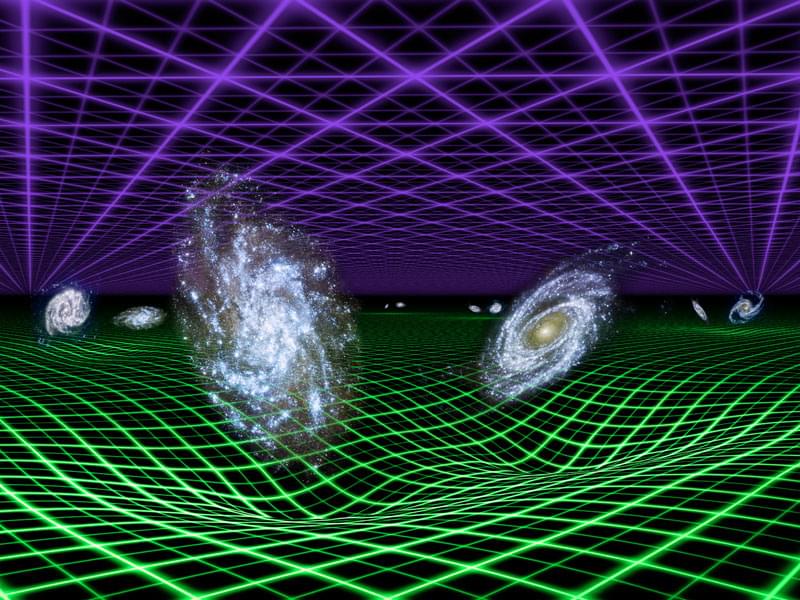
Something seems to be missing from the universe, and the favored model of physics calls it “dark matter” – but despite a century of searching, it remains a no-show. A new paper proposes an alternative hypothesis, showing how gravity could exist without mass and produce many of the same effects we ascribe to dark matter.
Einstein’s theory of general relativity is still our best model for describing gravity. As you might remember from high school physics class, gravity is the force that arises from masses resting on the fabric of spacetime. The more mass an object has, the deeper the “dip” in spacetime and the stronger the gravitational pull.
But starting in the 1930s, some strange astronomical observations began to raise questions. Galaxy clusters seemed to be moving much too fast to stay stable based on visible matter, suggesting that far more matter was present than we could see. That led to the hypothesis that huge amounts of invisible stuff – which was dubbed dark matter – pervaded the universe. The idea has held surprisingly strong in observations in the decades since, backed up by the motions of stars within galaxies and the bending and magnifying of light through gravitational lenses.
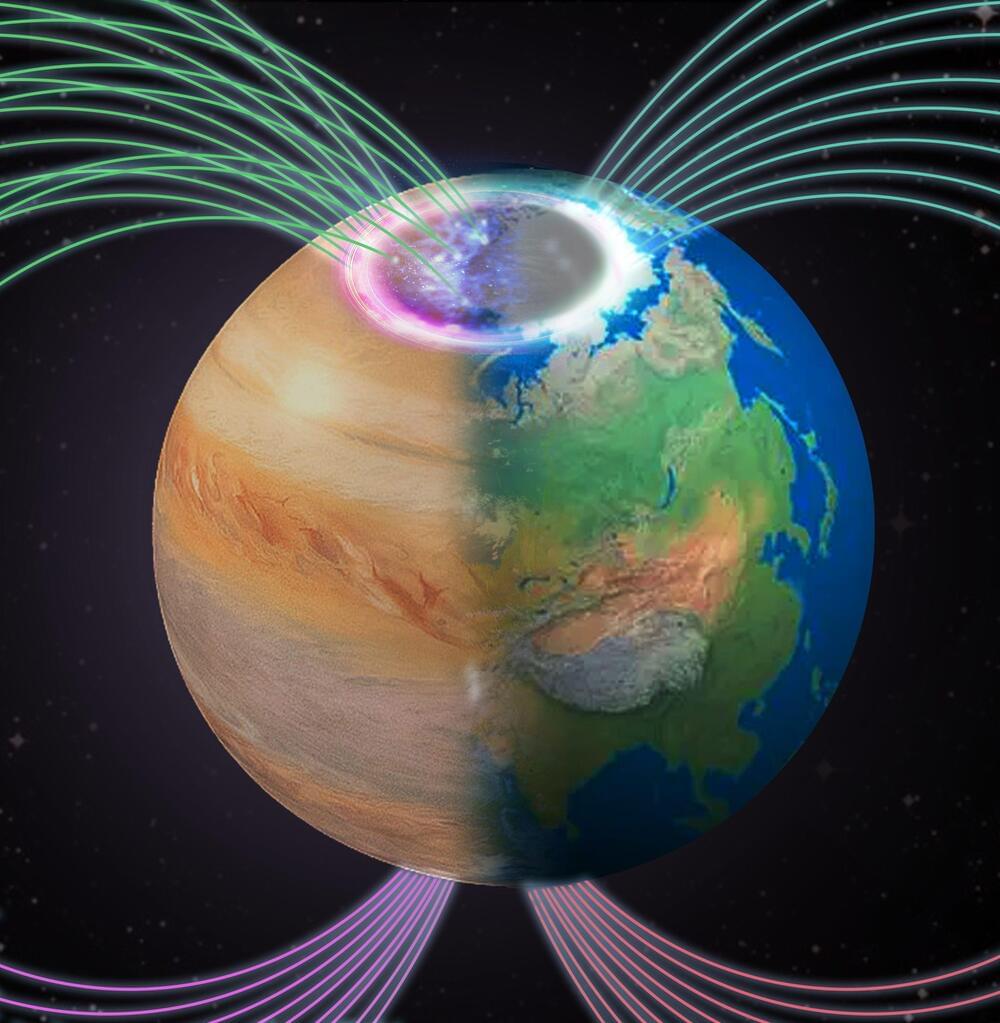
A recent study reveals new insights into aurorae across Earth, Jupiter, and Saturn, highlighting the role of magnetic fields and solar winds in shaping these phenomena, with significant implications for space weather forecasting and planetary exploration.
The breathtaking aurorae, commonly known as the Northern and Southern Lights, have captivated human imagination for centuries. From May 10th to 12th, 2024, the most powerful aurora event in 21 years showcased the extraordinary beauty of these celestial light displays.
Recently, space physicists from the Department of Earth Sciences at The University of Hong Kong (HKU), including Professor Binzheng Zhang, Professor Zhonghua Yao, and Dr Junjie Chen, along with their international collaborators, have published a paper in Nature Astronomy that explores the fundamental laws governing the diverse aurorae observed across planets, such as Earth, Jupiter and Saturn. This work provides new insights into the interactions between planetary magnetic fields and solar wind, updating the textbook picture of giant planetary magnetospheres. Their findings can improve space weather forecasting, guide future planetary exploration, and inspire further comparative studies of magnetospheric environments.
Professor Donald Hoffman is a cognitive neuroscientist and the author of more than 90 scientific papers and three books, including Visual Intelligence and The Case Against Reality.
He is best known for his theory of consciousness, which combines evolutionary theory with mathematics to make a compelling case that the reality we see every day is an illusion created by our minds.
In this conversation, we explore:
— The groundbreaking scientific research being conducted by physicists into the “structures” beyond spacetime.
— Donald’s theory of conscious agents.
— The implications his theory of consciousness has for our understanding of the purpose of life.
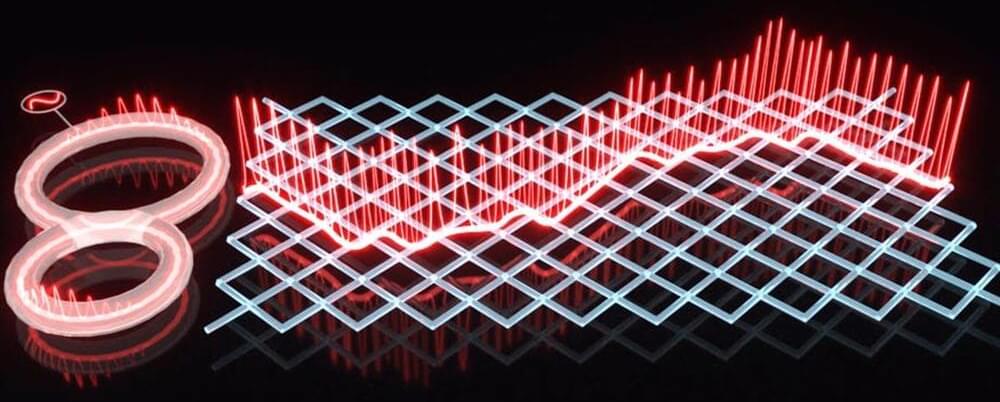
Researchers achieve advances in periodic oscillations and transportation for optical pulses, with potential for next-gen optical communications and signal processing.
Researchers have achieved significant advances in wave physics by conducting experiments on Super-Bloch Oscillations (SBOs), which demonstrate the potential for manipulating optical pulses. By applying both DC and nearly detuned AC electric fields, they not only observed SBO collapse for the first time but also extended these oscillations to arbitrary wave driving situations, paving the way for innovative optical communication technologies.
Wave Physics and Super-Bloch Oscillations.
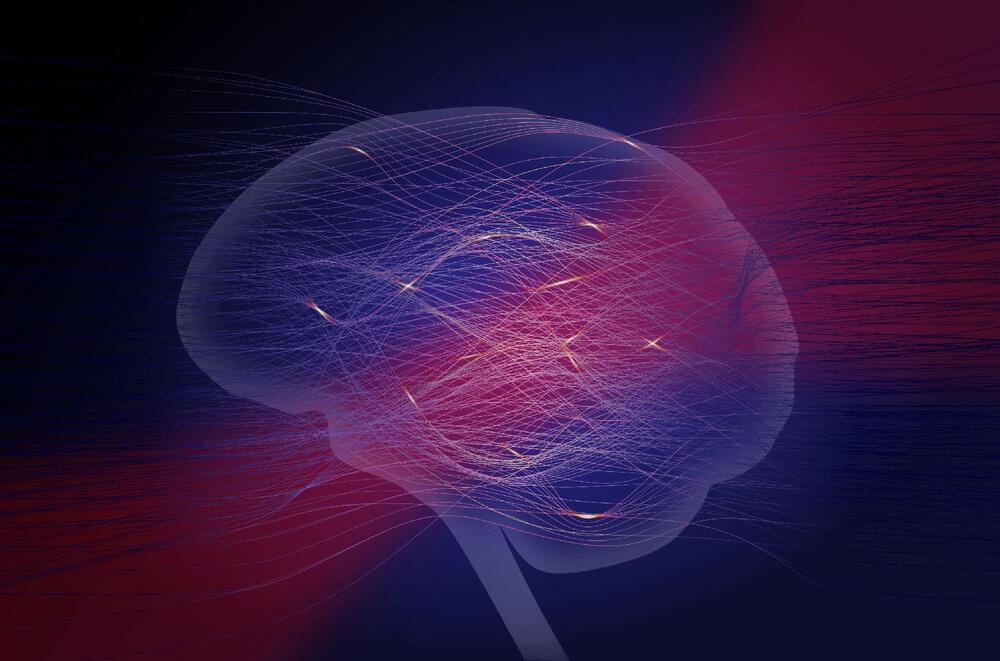
Scientists propose a new way of implementing a neural network with an optical system which could make machine learning more sustainable in the future. The researchers at the Max Planck Institute for the Science of Light have published their new method in Nature Physics, demonstrating a method much simpler than previous approaches.
Machine learning and artificial intelligence are becoming increasingly widespread with applications ranging from computer vision to text generation, as demonstrated by ChatGPT. However, these complex tasks require increasingly complex neural networks; some with many billion parameters. This rapid growth of neural network size has put the technologies on an unsustainable path due to their exponentially growing energy consumption and training times. For instance, it is estimated that training GPT-3 consumed more than 1,000 MWh of energy, which amounts to the daily electrical energy consumption of a small town. This trend has created a need for faster, more energy-and cost-efficient alternatives, sparking the rapidly developing field of neuromorphic computing. The aim of this field is to replace the neural networks on our digital computers with physical neural networks.